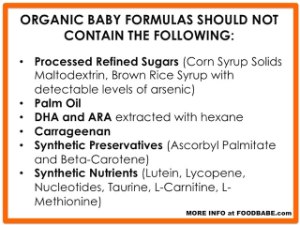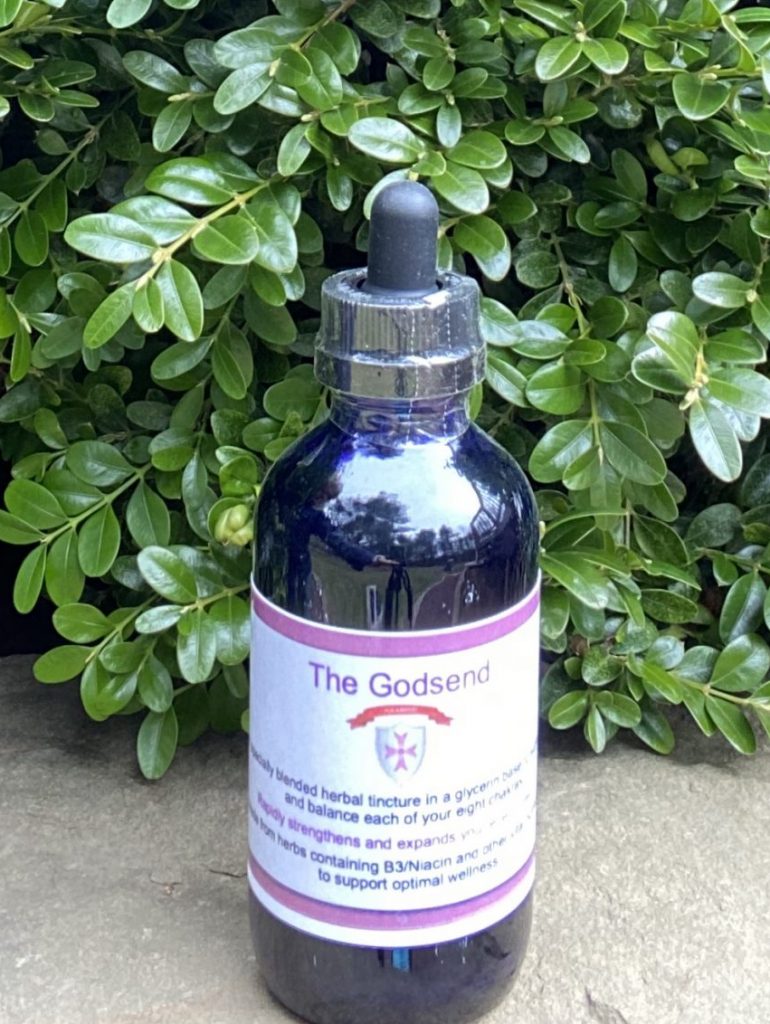Dear Friends,
This Mother’s Day got me thinking about the joy and fulfillment I felt when my babies were born. Though it was a long time ago a mother never forgets those short but precious years that changes who she is. When you have this beautiful little being who is totally dependent on you, you realize that there is nothing you wouldn’t do to keep your baby safe, healthy and happy. And few things can capture that intimacy and motherly instinct as nursing your baby. But what if you can’t breastfeed?
There is little doubt that breastfeeding is the best way to start your baby’s nutritional and emotional health. While the physical closeness is a comfort to both mother and child, numerous worldwide studies have shown exclusively breastfed babies (meaning no solid food, formula, or water for the first six months) have fewer stomach and digestive problems, respiratory illnesses, ear infections, and meningitis than formula-fed babies and when they do occur they are less severe. Breastfed babies are also 20% less likely to die between the ages of 28 days and one year than those who are fed formula. The hormones and antibodies in breast milk help build the immune system and protect babies from illness.
Breastfeeding can also protect your baby later in life as well, by reducing their risk of diabetes, allergies, inflammatory bowel disease and high blood pressure. Studies have also shown that breastfed babies tend to have a higher IQs than their formula-fed counterparts. Little argument can be made against millions of years of evolution that has perfected this convenient way of providing your baby with the freshest milk that changes as it supplies the exact nutrition your baby requires at all stages.
But what if you can’t breastfeed?
Perhaps your baby is premature and is unable to nurse. Maybe you have gone back to work and the breast pump just isn’t allowing enough milk to come in. Also there are times when you shouldn’t breastfeed for example, if you have certain diseases like tuberculosis or HIV. What then? There are many reasons to mistrust commercially prepared formulas.
The manufacturing of baby formulas has proven to be a careless profit based industry that let’s too many slipshod practices and inferior ingredients foul the end product. Baby formulas have been tainted in a number of ways that can make your baby sick. China made formulas sold in America that were tainted with melamine (a polymer that can cause kidney damage, found in Formica, plastic dinnerware and Dry Erase boards.) This sickened an estimated 6,000 babies in the US. There have been recalls of baby formula containing arsenic and high levels of bad bacteria. As if that weren’t disturbing enough, if you have municipal water and you use dehydrated formula you have to be concerned that your baby is ingesting fluoride, chorine or both. Even if you never buy a bad batch of baby formula there are other concerns. Here in America 90% of the corn, sugar beets and soy are genetically modified organisms (GMOs). Corn finds it’s way into formulas in many forms including vegetable oil, dextrose, vegetable protein and corn syrup. Soy based formulas are higher yet in GMOs.
The Weston A. Price Foundation
So if you are a member of the “I’ll be damned if I’m gonna feed that to my kid” school, like me you’ll be glad to know that you can make your own formula that provides the nutritional requirements, live enzymes and healthy bacteria your baby needs. The Weston A. Price Foundation has a variety of time tested recipes from the standard Raw Milk Baby Formula, to a Meat Based Baby Formula for babies who are allergic to milk or lactose. The website even provides a video that shows you step by step how to make the formula. You’ll also find cost analysis for making your own formula compared to the commercial brands. * If clean, grass-fed whole raw cow’s milk is unavailable in your area, use low temp (vat) pasteurized, non-homogenized whole milk cultured back to life with kefir. This can be done by adding 1 and ¾ cups milk to a clean glass jar then add ¼ cup kefir and let it stay on the counter for 24 hours and you have live milk again. It may take a little bit longer to make your own formula but nutritionally it is well worth the extra ten or fifteen minutes a day it takes.
PS: If you want to make your own kefir, here is how: Buy a bottle of plain kefir in a health food store or the organic section of the grocery store. Mix 3 cups milk and ¼ cup kefir into a clean 1qt jar. Stir until blended and cover top with cheesecloth secured by a rubber band. Let it stand on the counter for 48 hours (a little longer if you like it thicker) then place in refrigerator to stop fermentation. Save ¼ cup to start the next batch. It tastes like yogurt or buttermilk and makes great smoothies.
Organic Recipe if you Can't Breastfeed
Here is a recipe that was given to me by a young father who was traveling with his beautful 9 month old daughter for several days before his wife could join them. The baby was so content. She showed no signs of gas or abdominal discomfort.
Goat’s Milk Baby Formula
Makes 36 oz.
- 2 cups Goat’s Milk
- 2 cups Water (no fluoride)
- 4 tsp Coconut oil
- 2 tsp Gelatin (from grass-fed beef)
- 2 tsp sunflower oil
- 2 tsp Olive Oil
- 1-2 tsp Molasses
- ¼ tsp Probiotics
- ¼ tsp Acerola Cherry Powder
- 2 Tbsp Lactose
Heat 1 Cup of water in pan to dissolve Gelatin and Lactose.
Remove from heat and stir in coconut oil.
Place all ingredients in a blender and blend.
Store in glass jars per serving. Formula is best served within 24 hours after being refrigerated. May be frozen for stability.
When baby is 6 months old, add ¼ tsp of fermented cod liver oil to one serving per day.
Love and Light, Lori Jacobs
Visit and “LIKE” The Healing Path Facebook page

if you can’t breastfeed
If you can’t Breastfeed



